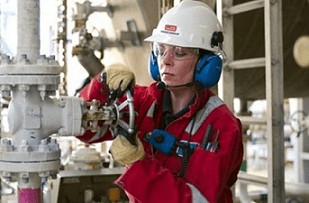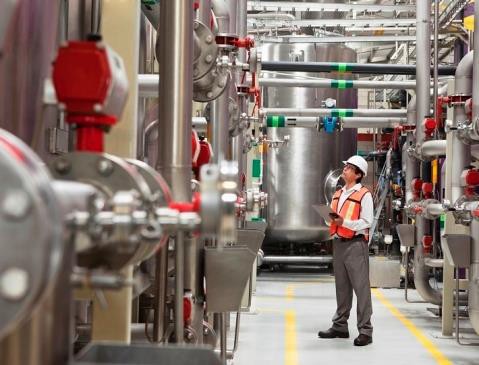Explore Industry-Leading Mechanical Engineering Training Courses
Mechanical engineering is the backbone of countless industries, driving innovation and efficiency in everything from automotive design to aerospace, robotics, and manufacturing. Our Mechanical Engineering training courses are meticulously designed to equip learners with the knowledge and skills necessary to excel in this versatile and dynamic field. By enrolling in our programs, learners will embark on a transformative educational journey, gaining invaluable insights and practical experience that will enable them to become innovators and leaders in their respective domains.
Core Mechanical Engineering Principles: At the heart of mechanical engineering lies the study of forces, motion, and energy. Our Mechanical Engineering training courses cover a wide array of fundamental topics, including statics, dynamics, thermodynamics, fluid mechanics, and materials science. Learners will delve into the principles of mechanical systems, understanding how to design and analyze machines, structures, and processes. With hands-on experience using industry-standard software and tools, learners will be well-prepared to apply these principles to real-world engineering challenges, ensuring they can develop efficient, reliable, and innovative mechanical solutions.
Design and Manufacturing: Mechanical engineering is deeply rooted in the design and manufacturing of products and systems. Our curriculum in Mechanical Engineering training courses encompasses key areas such as computer-aided design (CAD), manufacturing processes, and product development. Learners will explore the intricacies of machine design, from conceptualization and prototyping to testing and production. Through practical lab work and industry-relevant projects, learners will develop the technical expertise and creativity necessary to bring innovative ideas to life. By mastering advanced manufacturing techniques and tools, learners will be able to optimize production processes, enhance product quality, and drive technological advancements in industries ranging from automotive to consumer electronics.
Robotics and Automation: In an era where automation and robotics are transforming industries, our courses emphasize the importance of mechatronics, control systems, and robotics. Learners in our Mechanical Engineering training courses will study the integration of mechanical, electrical, and computer engineering principles to develop intelligent systems. Topics such as robotic kinematics, sensors and actuators, and control algorithms are covered in depth. By gaining hands-on experience with robotic systems and automation technologies, learners will be equipped to design and implement cutting-edge solutions that enhance efficiency and productivity in manufacturing, healthcare, logistics, and beyond.
Thermal and Fluid Systems: Mechanical engineering also encompasses the study of thermal and fluid systems, which are critical to the design and optimization of engines, HVAC systems, and power plants. Our Mechanical Engineering training courses cover topics such as heat transfer, fluid dynamics, and energy systems. Learners will explore the principles of energy conversion and conservation, understanding how to design efficient systems for heating, cooling, and power generation. Through practical projects and simulations, learners will develop the skills necessary to tackle complex thermal and fluid engineering challenges, contributing to the advancement of sustainable and energy-efficient technologies.
Benefits of Our Courses: Enrolling in our Mechanical Engineering training courses offers numerous advantages for learners, providing a robust foundation for professional growth and career advancement. Firstly, our courses are designed to offer a balanced blend of theoretical knowledge and practical experience. This ensures that learners can apply what they have learned in real-world scenarios, making them highly valuable to potential employers. Secondly, our programs foster critical thinking, creativity, and innovation. These skills are crucial for developing new technologies and solutions that address current and future challenges in various industries.
Additionally, our Mechanical Engineering training courses provide learners with the opportunity to work with cutting-edge technologies and industry-standard software, ensuring they are proficient in the tools and techniques used by professionals. Our experienced faculty, who are experts in their respective fields, offer mentorship and insights, guiding learners through complex concepts and practical applications. The collaborative learning environment encourages teamwork and interdisciplinary collaboration, preparing learners to thrive in diverse, dynamic work settings.
Completing our Mechanical Engineering training courses can open doors to a wide range of career opportunities. Course completionists will be well-prepared to pursue roles in sectors such as automotive engineering, aerospace, robotics, energy, and manufacturing, among others. Whether aiming to work in established industries or emerging sectors, the skills and knowledge gained from our courses will be invaluable. Our alumni have successfully transitioned into roles in leading companies, research institutions, and regulatory agencies, making significant contributions to technological advancements and sustainable development.
In conclusion, our comprehensive Mechanical Engineering training courses are designed to empower learners with the expertise and confidence needed to excel in today’s fast-paced, technology-driven world. By investing in their education through our courses, learners will not only enhance their professional skills but also contribute to the advancement of engineering practices, driving innovation and excellence in their chosen fields. Through our programs, learners will be equipped to tackle the complex challenges of the modern industrial landscape, pioneering solutions that promote efficiency, sustainability, and technological progress.

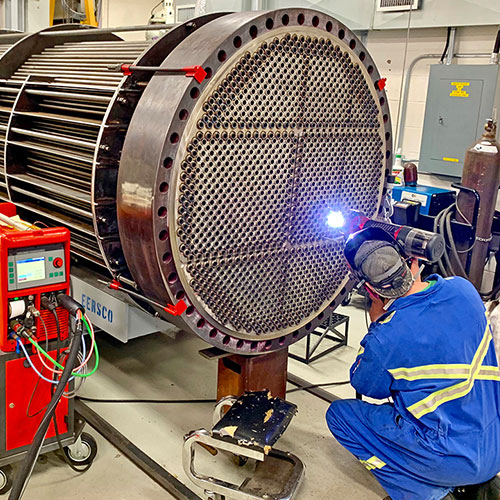
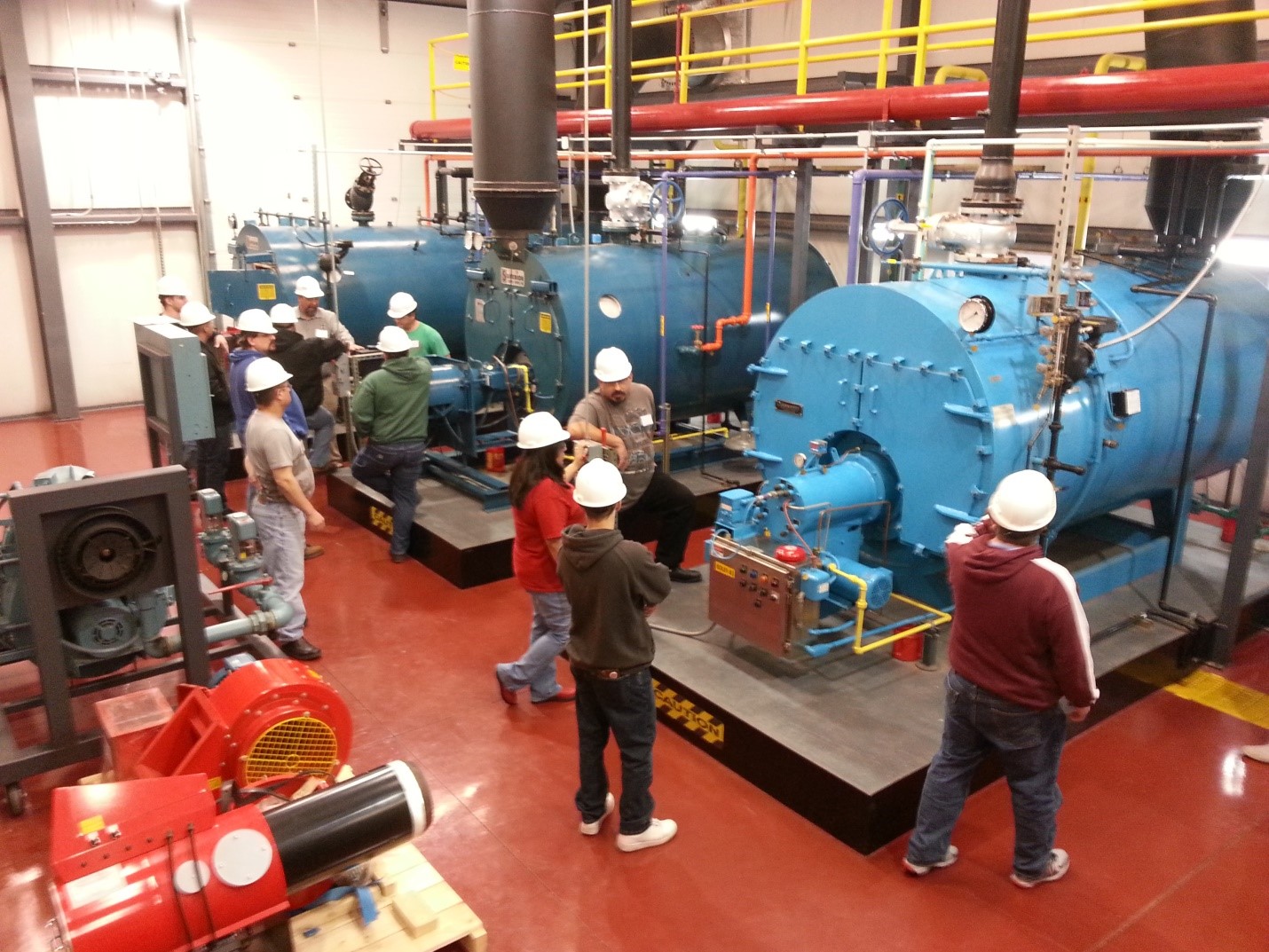
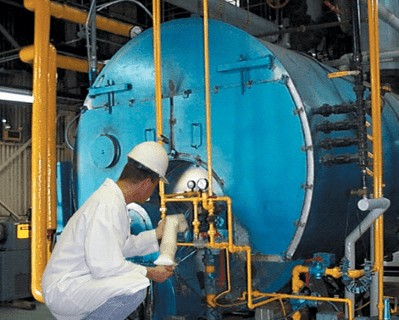
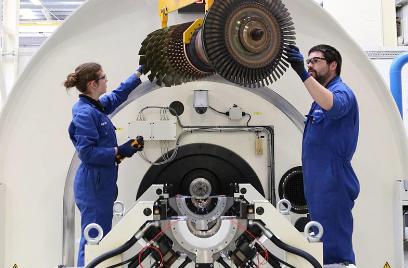
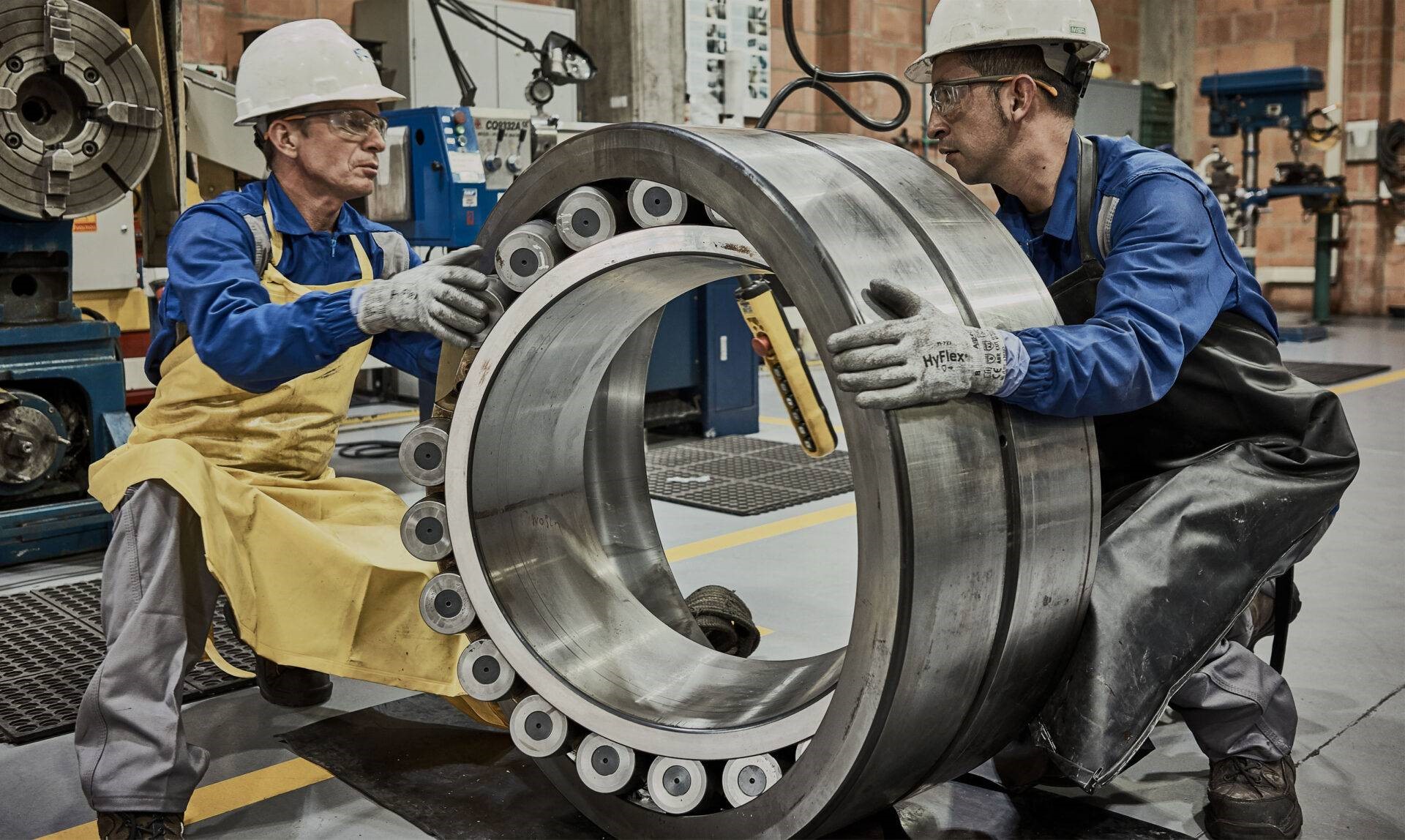
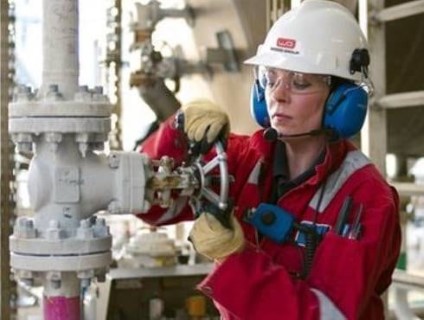
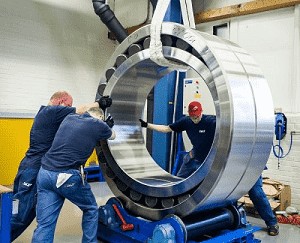
.jpg)
